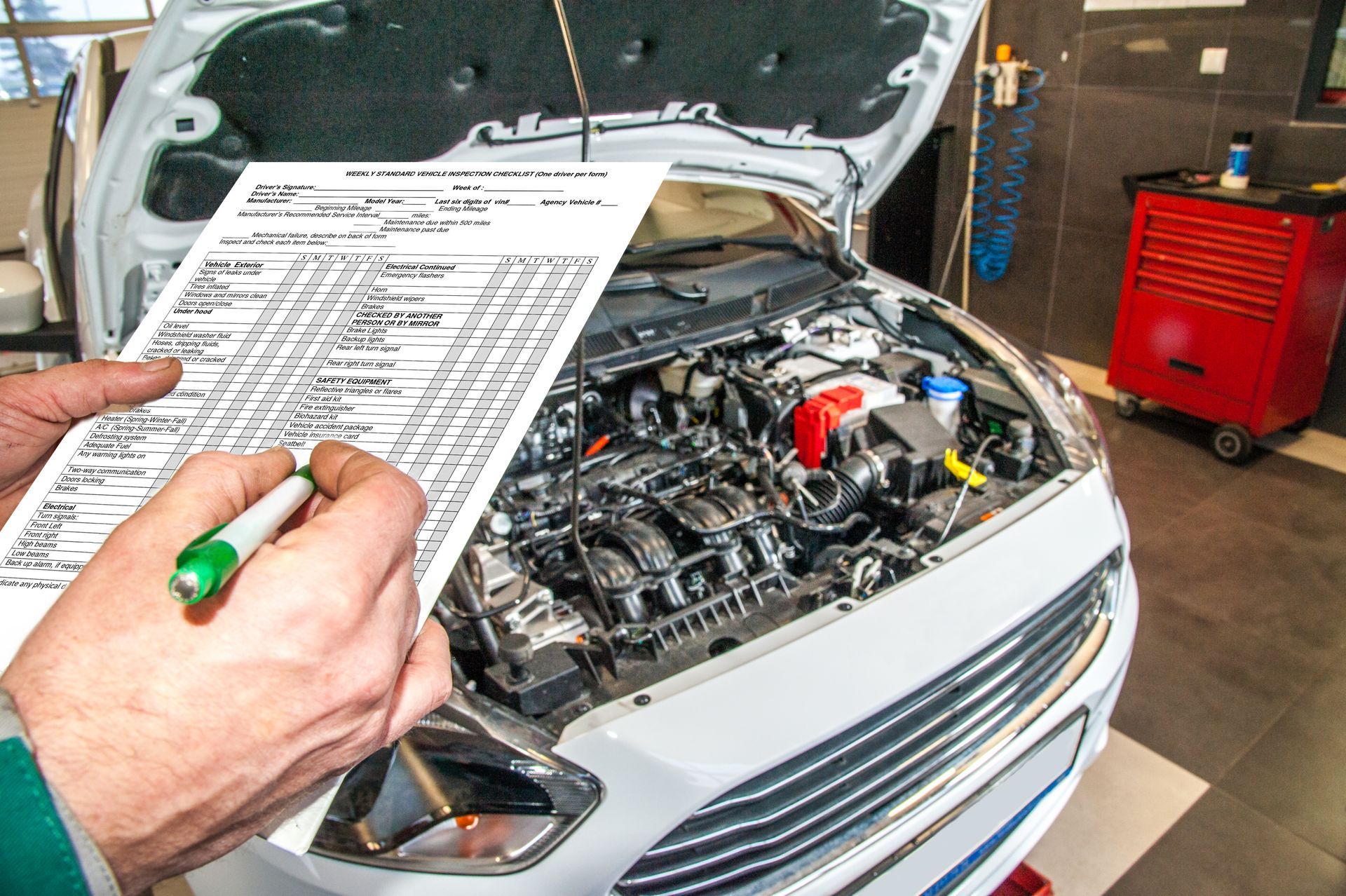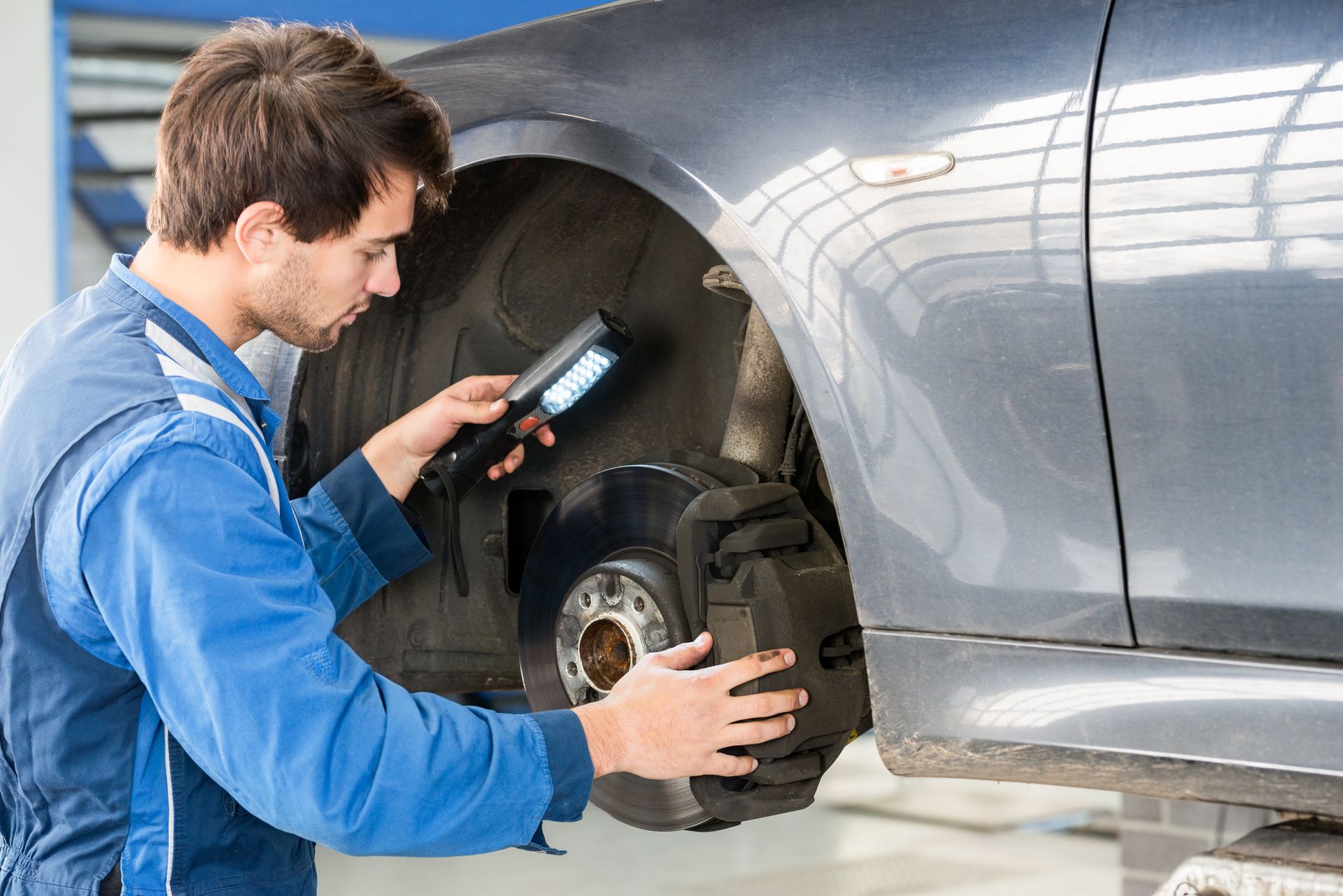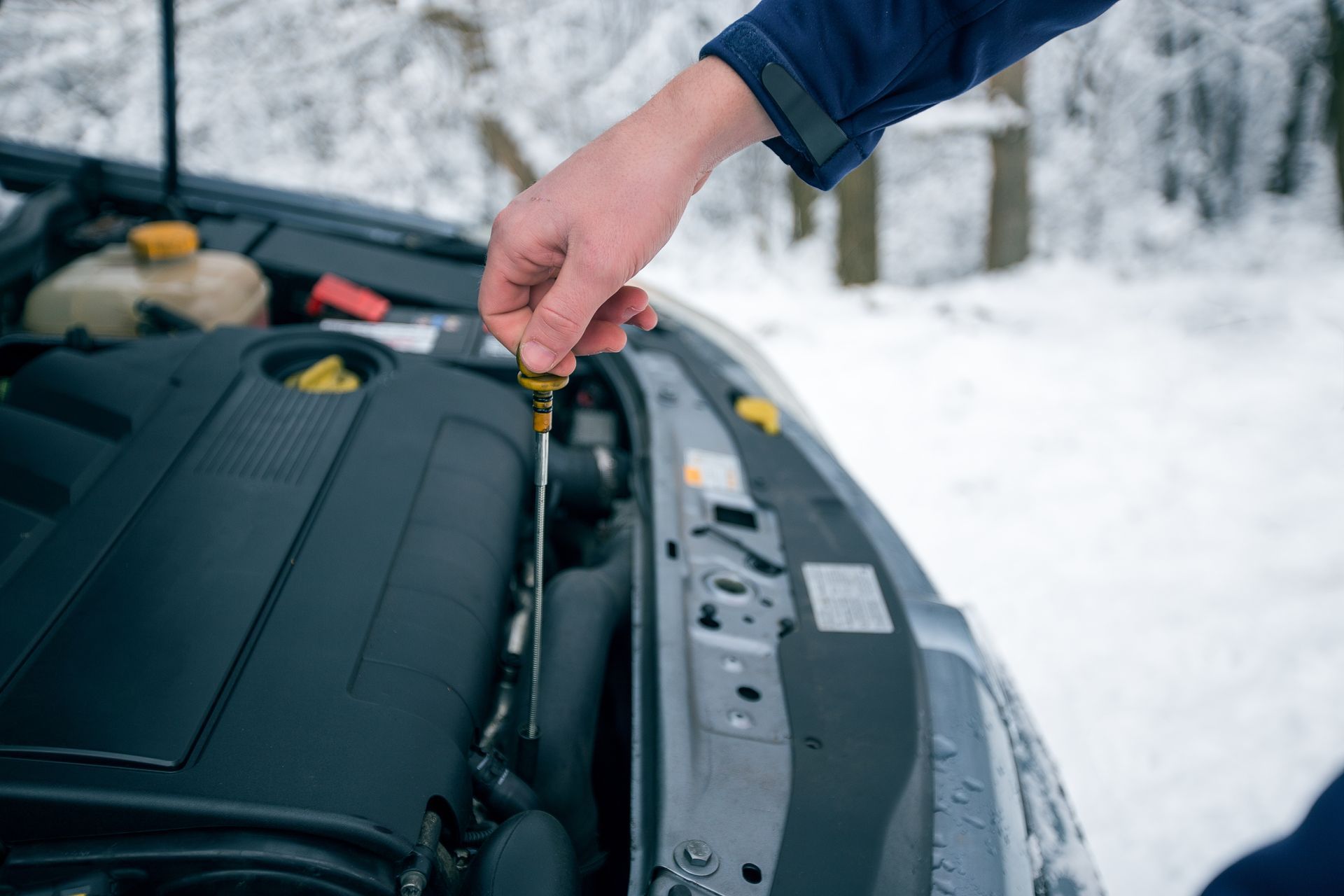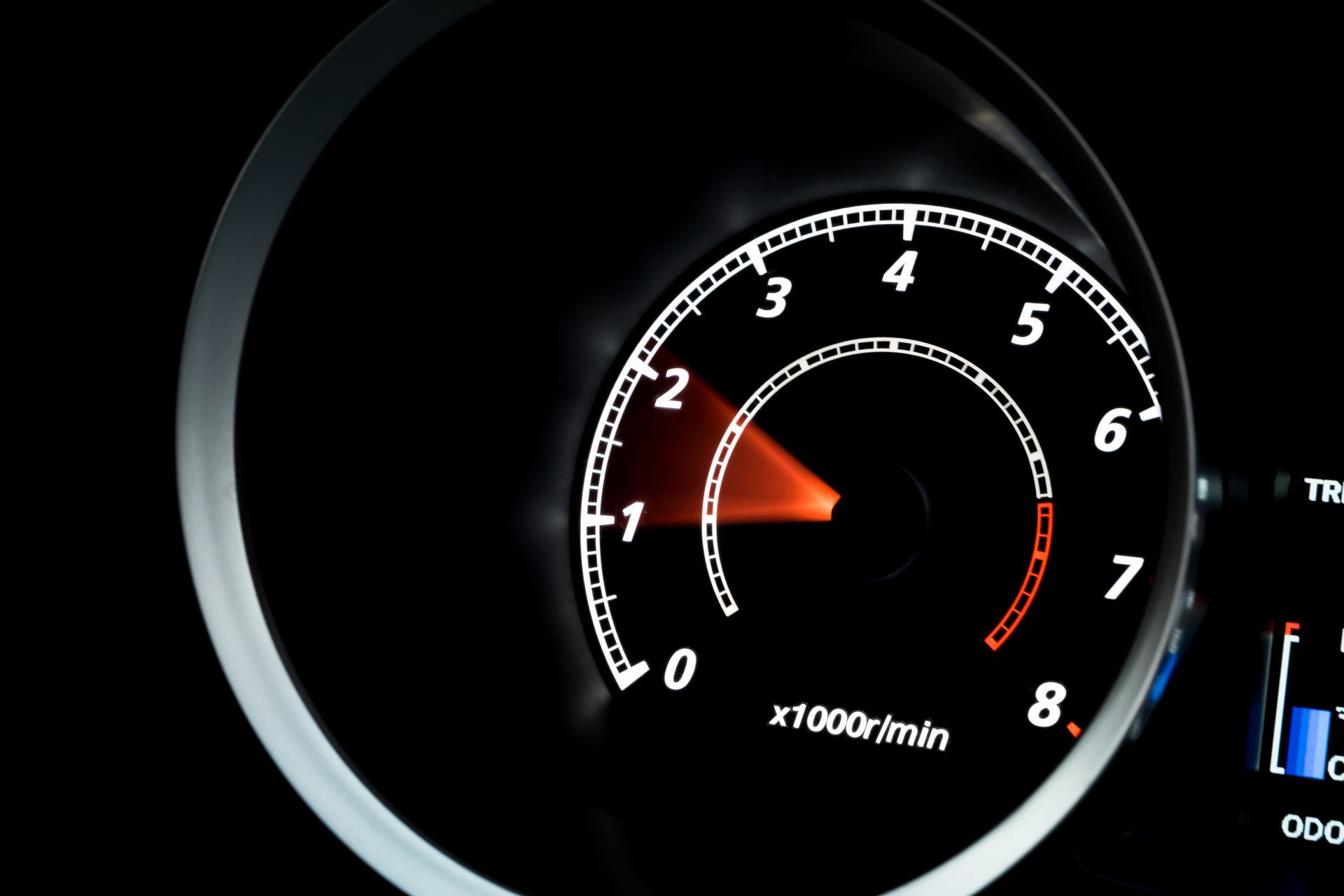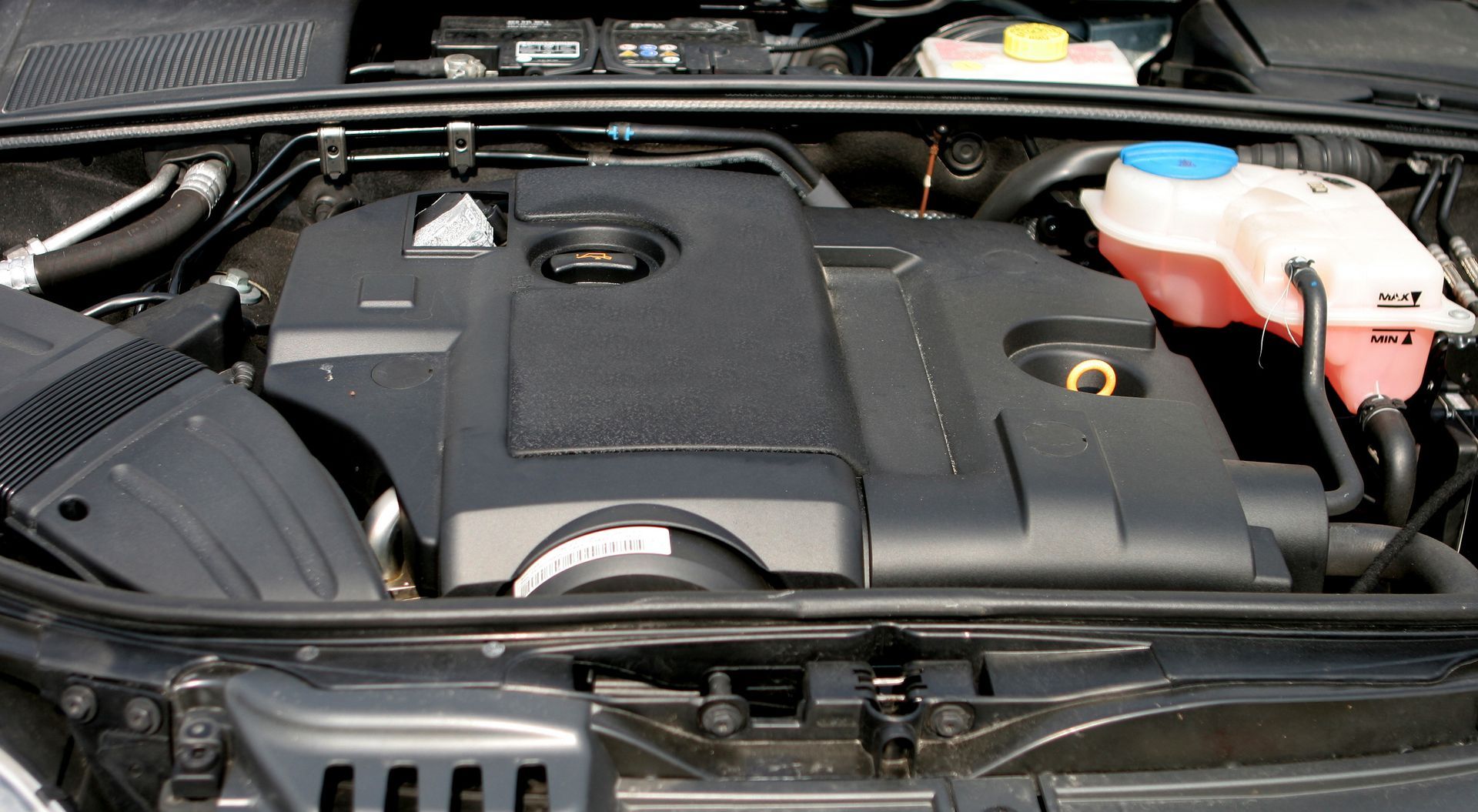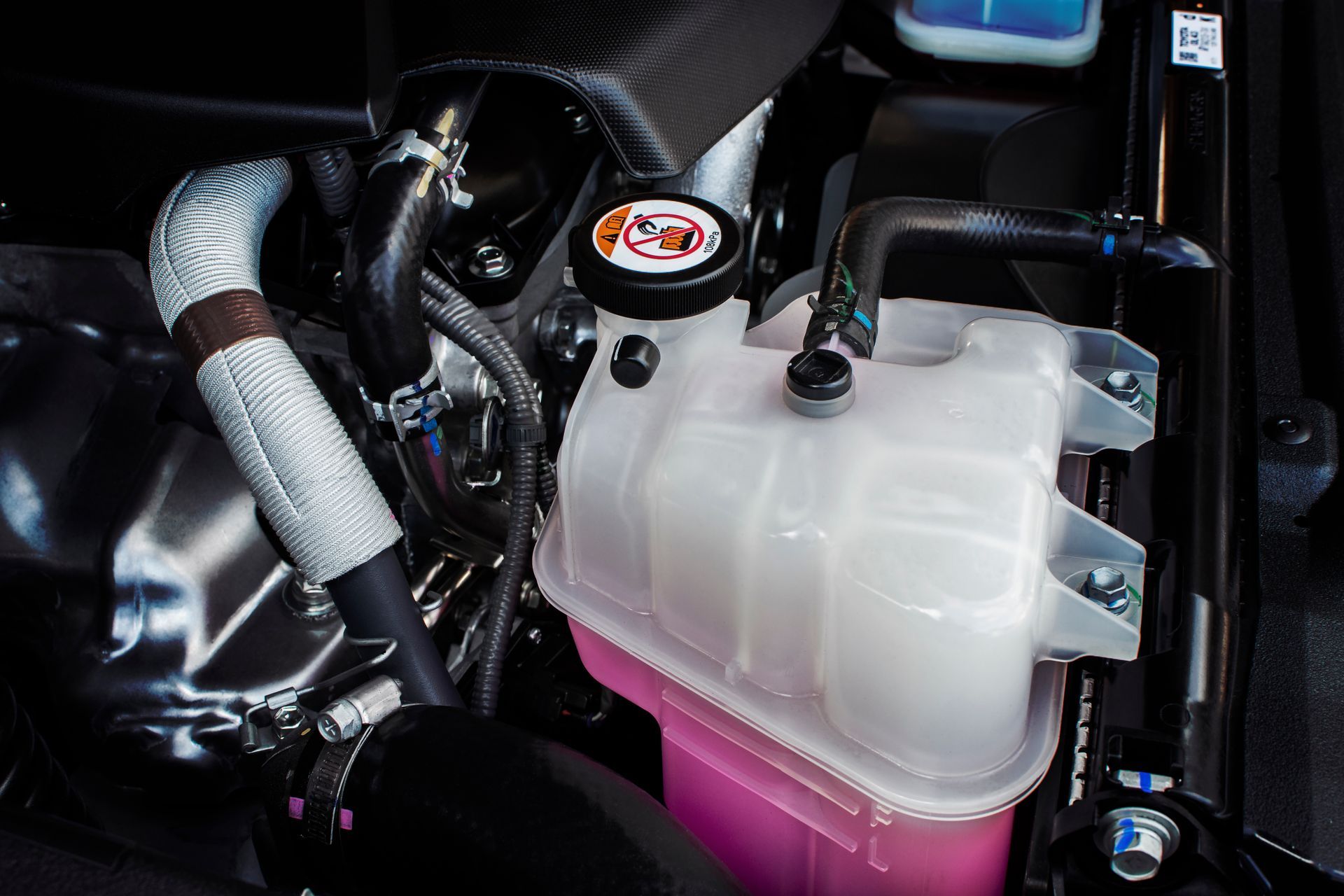Spark plugs are responsible for igniting the air-fuel mixture in your engine’s combustion chamber. Without that spark, your engine won’t start. While they may be small and inexpensive, their role is crucial. If your car is struggling to start or takes multiple tries to turn over, worn or faulty spark plugs could be the root cause.
Understanding how spark plugs impact engine startup and recognizing the signs of trouble will help you avoid getting stranded or causing unnecessary wear on your engine.
How Faulty Spark Plugs Impact Starting Performance
When you turn the key or press the ignition button, your car’s battery sends power to the starter and ignition system. The spark plugs must fire at exactly the right moment to ignite the fuel in the cylinders. If the spark plugs are dirty, worn out, or damaged, they may not produce a strong enough spark. This can result in:
- Extended cranking time before the engine starts
- The engine starts and then quickly stalls
- Rough idling immediately after startup
- Intermittent failure to start, especially in cold weather
Inconsistent ignition from a failing spark plug doesn’t just delay starting—it can also lead to misfires and poor fuel efficiency once the engine is running.
Other Symptoms of Worn Spark Plugs
Starting issues are often just the beginning. If your spark plugs are worn, you may also notice:
- Decreased fuel economy
- Engine hesitation or jerking during acceleration
- Engine knocking or pinging sounds
- A lit check engine light (often indicating a misfire code)
These issues tend to build gradually, making it easy to overlook the spark plugs until the vehicle refuses to start entirely. That’s why regular inspections and timely replacements are so important.
How Often Should You Replace Spark Plugs
The recommended interval for spark plug replacement varies depending on your vehicle and the type of spark plugs used. Traditional copper plugs may last around 30,000 miles, while platinum and iridium plugs can last up to 100,000 miles.
However, driving habits, fuel quality, and engine design can all affect lifespan. If you notice sluggish starts or reduced performance before reaching the scheduled replacement mileage, it’s a good idea to have them checked.
What Else Can Cause Starting Problems
While bad spark plugs are a common reason for starting trouble, they aren’t the only possible cause. A weak battery, failing ignition coil, faulty fuel injectors, or a clogged air filter can also contribute to hard starts. That’s why it’s essential to diagnose the issue accurately rather than guessing.
Technicians use tools like diagnostic scanners and spark plug testers to determine if the plugs are truly the issue or if another part of the ignition or fuel system is to blame.
Prevention Through Routine Maintenance
Spark plugs are easy to overlook, but they’re part of several regular maintenance intervals. During scheduled services like a 30,000- or 60,000-mile inspection, technicians should evaluate your spark plugs for wear, corrosion, and carbon buildup.
Even if your car starts reliably now, keeping the spark plugs fresh helps prevent other issues like reduced engine power, rough idling, and poor fuel mileage. It’s a small investment that goes a long way in preserving your vehicle’s performance.
Get Your Spark Plugs Checked at Gibbon Tire and Auto in Charlotte, NC
If your car is slow to start or showing signs of ignition trouble, don’t wait until you’re stuck in a parking lot with a dead engine. Our technicians can inspect your spark plugs, replace them if needed, and make sure your ignition system is firing on all cylinders.
Call
Gibbon Tire and Auto in Charlotte, NC, to schedule a spark plug inspection and keep your vehicle starting strong every time.
